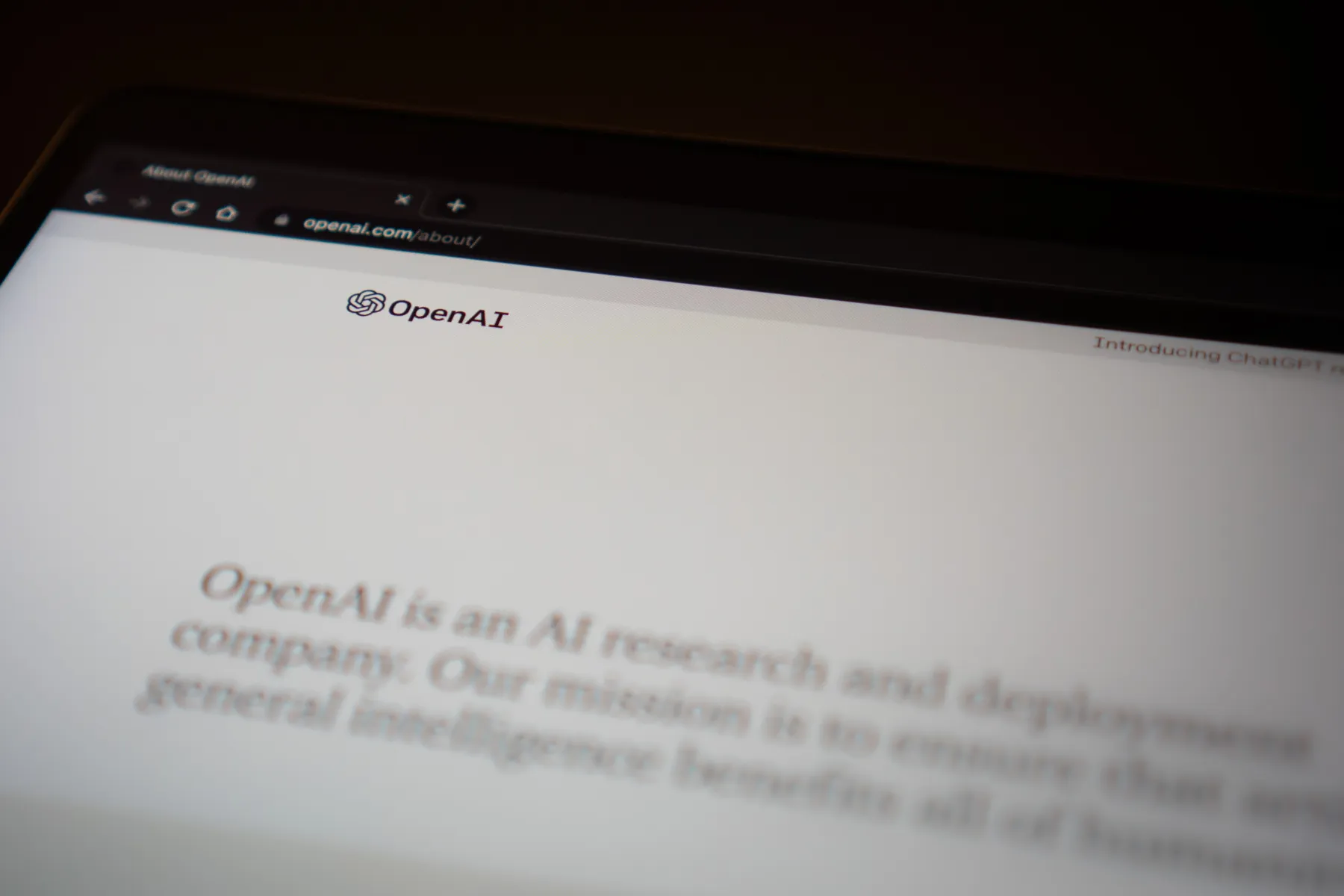AI Guidelines

Discover tools, guidance, and campus-informed resources to help Swarthmore students, faculty, and staff explore artificial intelligence thoughtfully, ethically, and effectively — in the classroom, in research, and in daily work.
Library and ITS Guidance for Students on AI
Library and ITS Guidance for Faculty on AI
Groups meeting to discuss AI:
- Critical AI: TLC Inquiry Group tackling the ethical and practical concerns of integrating AI into higher education
- Teaching with AI: Community of Practice led by Ashley Turner, Director of Learning Spaces Innovation
- Just Tech: Aydelotte Foundation 25-26 Faculty Seminar



